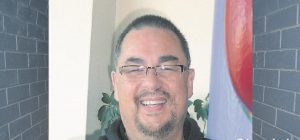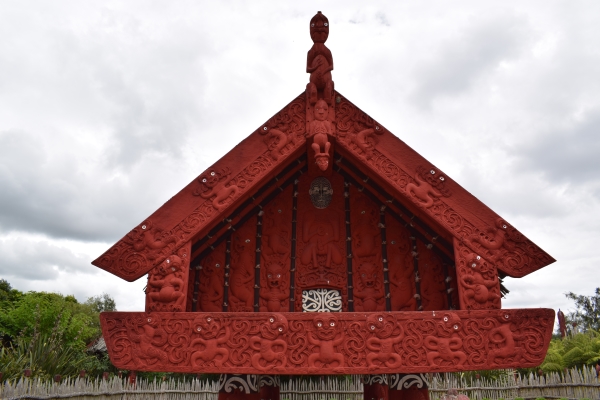Auckland Bishop Patrick Dunn has said there is a need for a new generation of Catholic Māori leaders to build a stronger Katorika Māori (Catholic Māori church).
“I personally think the greatest need is for a new generation of Catholic Māori leaders: priests, religious brothers and sisters, katekita (catechists), school teachers, and committed Mums and Dads,” he said. Bishop Dunn is the president of the New Zealand Catholic Bishops Conference and one of his areas of responsibility on the NZCBC is for Māori.
“I was saddened recently to hear that there are now only three Māori religious sisters still living,” he said.
Bishop Dunn said there 2000 Māori children enrolled in Auckland Catholic schools.
“I have often wondered how to start some dialogue with the parents of these pupils to get their own thoughts on how we might work together to build a stronger Katorika Māori (Catholic Māori church),” he said. “I like very much the catechist formation programme in the parishes of the North and would like to see a similar programme implemented in Auckland city.”

Deacon Danny Karatea-Goddard
Wellington archdiocese Turanga Māori Deacon Danny Karatea-Goddard said one of the works that has to be done is an outreach to Māori families.
Deacon Karatea-Goddard, who also works part-time for the NZCBC supporting the bishops in their commitment to Katorika Māori, said strong faith families “will produce future leadership within the Church whether lay leadership or ordained leadership. I think it starts there”.
Reaching out to Māori, particularly the youth, is critical. “Within the spirit of new evangelisation, we have got to find a way to reconnect and make it all relevant for young people,” he said.
Deacon Karatea-Goddard said in the last 40 years, Māori have been on a necessary journey which he called a Māori renaissance to reclaim their identity as indigenous people of this country. Part of that journey is finding their own spirituality.
“For Māori, I think one of the issues is about how our indigenous spirituality is expressed,” he said. “We really need to address the Māori renaissance and join the dots between our indigenous spirituality and the teaching of the Church.”
He said Te Rūnanga o te Hāhi Katorika ki Aotearoa led by Sr Tui Cadigan, RSM, had been working on this for a while now.
“The key question for us is: how do we transfer the faith inter-generationally, from our generation to our children and hopefully to their children?” he said.
Deacon Karatea-Goddard said most Māori communities are already in the midst of finding solutions. He said he has been to a number of hui or gatherings in the dioceses of Palmerston North, Wellington and more recently, Auckland.
“It’s been the good population of immigrants to New Zealand who are holding the numbers in our Church. But we need to learn to grow our own. And it’s growing people and getting them connected and making them feel at home and making it relevant which will make the difference,” he said.
Deacon Karatea-Goddard also said there is a need to look at the Māori translation of the Mass.
“We always have had a Māori translation of the Mass but it has never been inculturated. Māori elements and expressions were never included formally in the Mass,” he said.
Direct translation to the Māori language does not make the Mass Māori.
“It doesn’t express Māori values or concepts or cultural practices and I think that’s an area worth exploring,” he said.
Deacon Karatea-Goddard said he thinks indigenous responses to Christianity like the Ringatu Church and Ratana Church have been able to worship and give expression to faith in a way that makes sense to Māori.
“I think a lot of Māori people have turned to those churches because it speaks to them. The way that those churches celebrate, worship and encounter the divine really happens in a way that speaks to them [Māori],” he said.
He said the bishops are asking questions in that area now and trying to discover ways “so that our unique bicultural character is expressed throughout the Church and all our work”.
“There is a lot of work to do but I do have hope that that would help transform not only the Church but also help a lot of other Māori feel included in a real deep way in terms of their faith,” he said.

Reader Interactions